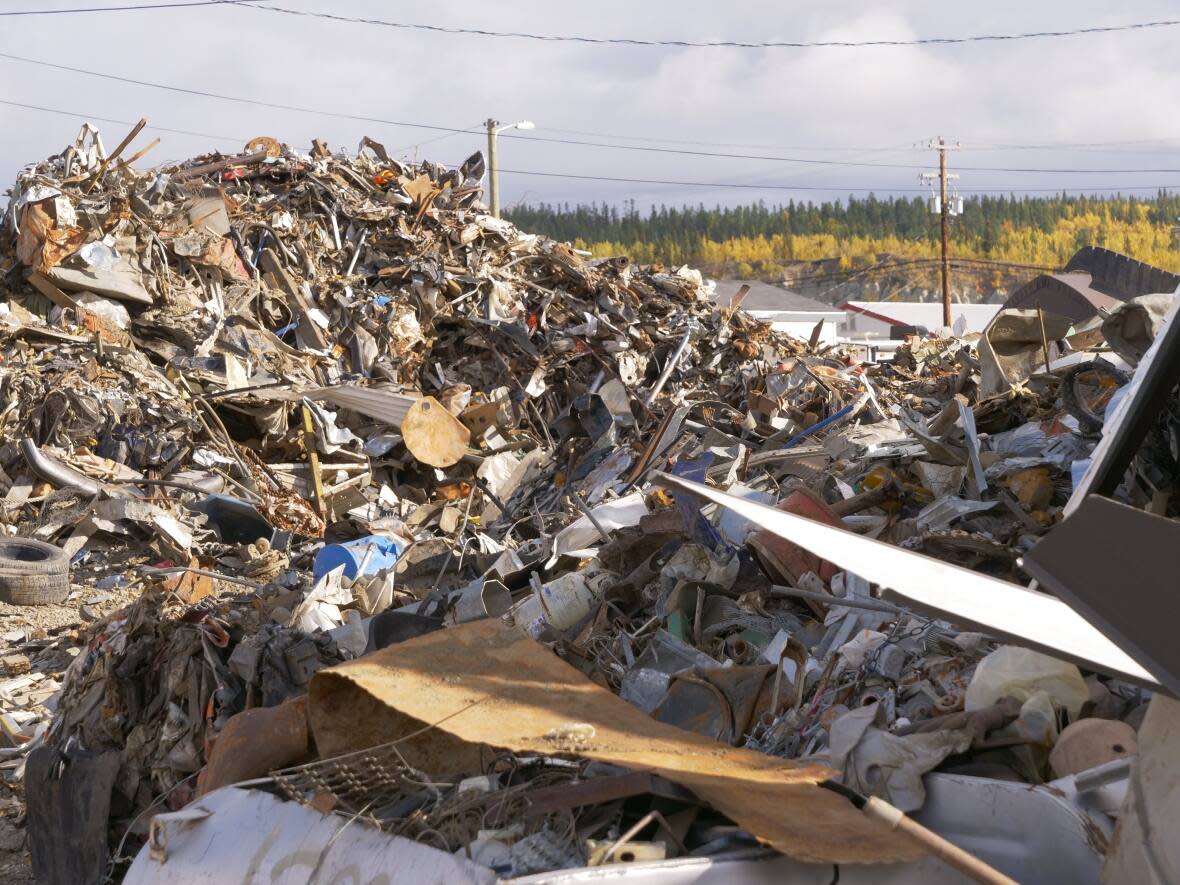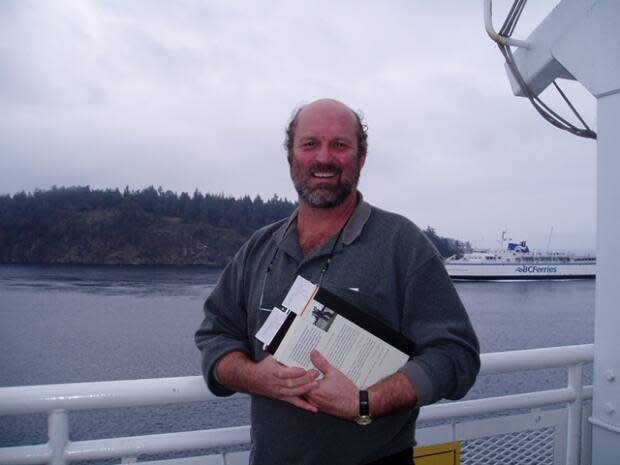How will Yukon shift recycling costs to producers? Details are coming together

The Yukon government is seeking public input on a new model that would put the responsibility of funding recycling programs on the corporations that produce waste in the territory.
The model, called Extended Producer Responsibility (EPR), is already in place to some degree in all Canadian provinces. The Yukon could become the first territory to implement the program; the Northwest Territories is also looking at it.
The Yukon committed to implementing the model in its climate strategy: Our Clean Future, and plans to make the switch by 2025.
Now, the Yukon's Department of Environment is hosting public engagement sessions on the model, and providing more information about how the transition would work. Representatives are also meeting with stakeholders, including the companies that will be responsible for funding the program, such as Loblaws and Walmart.
But what would the model mean for Yukoners and waste management in the territory?
Changes on the back end
When EPR is introduced, the Yukon Government will set a list of outcomes for recycling programs. Then, it's up to the companies that produce recyclable products to fund them.
Jennifer Dagg, manager of standards and approvals for the Yukon's Department of Environment, said the territory is looking to hear what Yukoners want out of recycling programs.
"What our service levels will look like, how much material we want to recycle, how will rural communities be served compared to Whitehorse ... Those are really critical things we're asking for input on," she said.
Yukoners can submit comments until Jan. 27 by completing an online survey or by attending public sessions. The feedback will be considered when the Department of Environment starts drafting the regulation.
The Yukon is looking to implement EPR for three categories of materials: printed paper and packaging, household hazardous waste and automotive waste.
The most notable is likely printed paper and packaging; these are non-refundable products Yukoners currently bring to drop-offs like the one operated by Raven Recycling Society in Whitehorse.

Right now, Raven Recycling handles the majority of the territory's recycling, and the non-profit runs its operation by selling the recyclable materials they get in.That means the ability to recycle in the Yukon is dependent on whether places like Raven Recycling can stay afloat.
Industry funds recycling
If the territory switches to EPR, the corporations that bring recyclable materials into the territory must also fund the recycling targets set by the Yukon government.
"Industry itself will decide how much it's going to cost to achieve those outcomes, and therefore, what small fee would be attached to the various products that they sell," Dagg said. "For example, if we decide we absolutely must have curbside recycling, or curbside pickup was very important to Yukoners, industry would have to account for the cost of running those trucks and picking up from people's houses."
Companies will pay into the program based on their market share. It can be complicated to decide how much each company should pay because of the volume of products entering the market.
But Geoff Love, a retired consultant in Stratford, Ont., who's helped develop recycling programs across the country, said corporations are used to it.
"These companies are paying in those other provinces already," he said. "Adding on, from a pure administration perspective, is not that complicated."

And, Love said, because EPR programs are established in provinces, Yukoners are likely already paying some operating fees to producers when they go to those stores. That means they shouldn't see their grocery bills go up after the territory makes the switch.
When the Yukon switches to EPR, recycling processors like Raven Recycling Society won't be responsible for selling recyclable materials, Dagg said. But they can bid to process recycling, the costs of which would be funded under the EPR program.
More than deciding who pays
Though at its core the model is about who pays the cost of recycling, Love said the impacts can be broader.
If companies have to pay for recycling, he said, they might be encouraged to use products that are easier to recycle.
"EPR is more than just funding recycling," Love said.
"EPR is also intended to help drive change in the kind of paper and packaging that producers put on the marketplace and making sure it's more recyclable or reusable or, increasingly, compostable."


